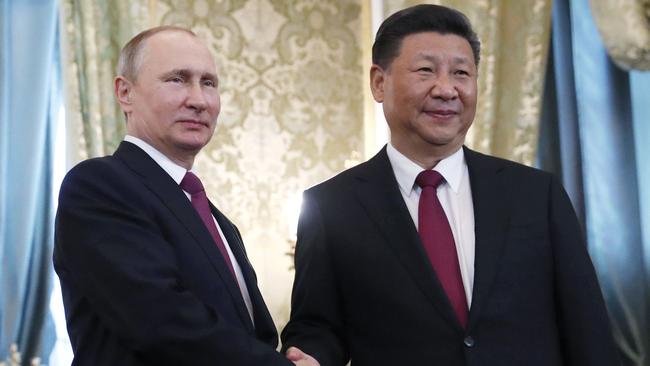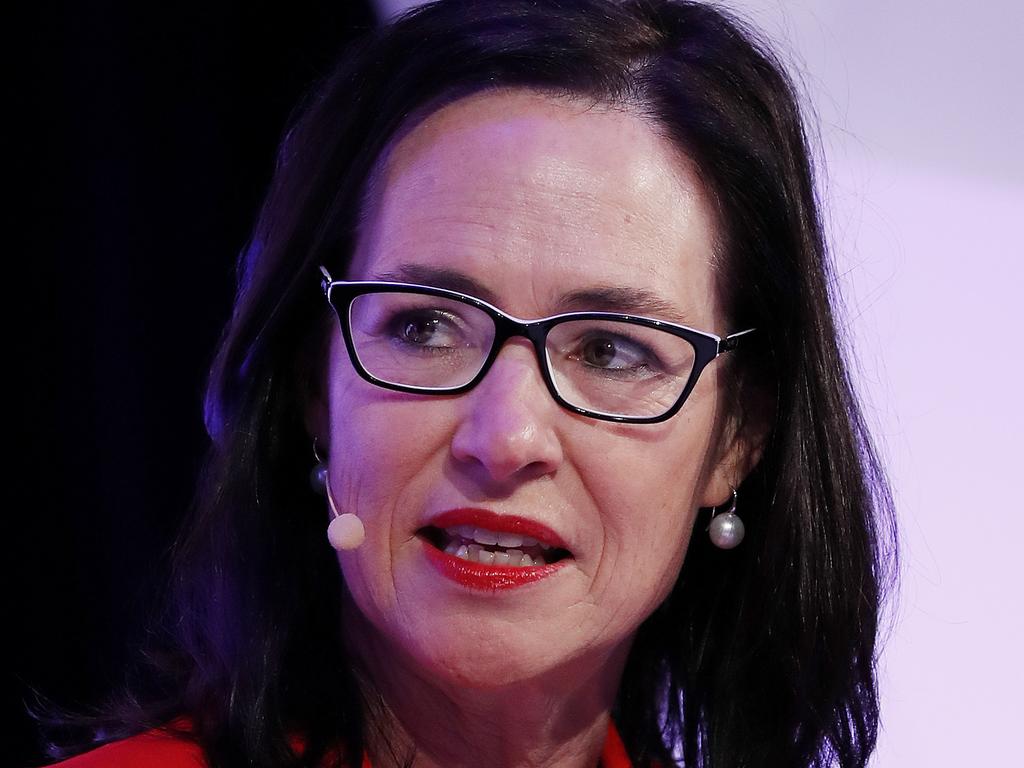Plagues are back. Will wars follow?

Until recently, outbreaks of infectious disease were a recurring scourge of civilisation. Only in the past few decades did human beings imagine we had escaped this horror.
Great-power competition, authoritarian alternatives to democracy — these too, not long ago, were presumed to have been safely consigned to the ash heap of history. Yet in geopolitics, as in biology, it turns out that mankind remains susceptible to new strains of old maladies.
If pandemic disease and geopolitical rivalry have been two of humanity’s recurring afflictions over the centuries, great-power war completes the trifecta. The US was largely complacent about the first two dangers until, to its surprise, they exploded on its doorstep; it shouldn’t repeat that mistake with the third.
The notion of a war erupting between the great powers anytime soon seems as implausible and remote as — well, the idea of the entire planet being paralysed by a virus would have sounded six months ago. Yet just as the evidence suggested a pandemic would strike sooner or later, there are ominous signs of a great-power conflagration becoming more probable.
First, the world’s foremost military powers — the US, China and Russia — are assiduously modernising their arsenals for precisely such a conflict, at the same time each already perceives itself as under attack and victimised. Washington feels it magnanimously welcomed China into the global economy and rushed to Russia’s aid after the Soviet collapse, only to be betrayed. For Beijing and Moscow, on the other hand, the US has been preying on them: fomenting “colour revolutions” against their political systems while, under the guise of “rules-based order,” denying them their rightful spheres of influence.
Great powers generally avoid war when they clearly recognise each other’s red lines and convey the determination to enforce their own. But today’s great-power clashes are unfolding in places — from the South China Sea and Ukraine to cyberspace — where borders are blurry and the potential for miscalculation is inherent. The danger is compounded by the technological upheaval that is simultaneously occurring, with innovations in fields like artificial intelligence, robotics and space flight sparking unpredictable new arms races.
Yet some think that, just as the threat of mutual assured destruction saved the US and Soviet Union from obliterating each other during the Cold War, a similar deterrence will again keep the world safe.
Don’t bet on it. The defining weapon of the Cold War — the nuclear bomb — had attributes that fostered a kind of reciprocal restraint. Determining responsibility, and thus retaliation, for an atomic attack was straightforward when there were only two superpowers, and since nuclear delivery systems are difficult to conceal, verifiable agreements to limit their numbers became achievable. The technologies emerging today are radically different — easier to hide, harder to trace, less susceptible to arms control, and more tempting to use.
It also didn’t take special creativity during the Cold War to foresee the destruction a nuclear exchange would unleash; the ruins of Hiroshima and Nagasaki settled that. By contrast, no one today has a clear concept of what a war involving, say, cyberweapons or AI at scale would actually look like. Humanity’s technological ingenuity is therefore on the cusp of outstripping its strategic and moral imagination.
After COVID-19, most nations will work to strengthen public-health systems and prepare for future pandemics. That is necessary and appropriate.
Yet the deeper, more difficult lesson of this crisis is philosophical: Leaders need to recognise history’s intrinsic potential for tragedy and cultivate the extraordinary creativity and vigilance required to defend against it.
For a world that has grown accustomed to thinking of progress as inevitable and irreversible, this will be a wrenching adjustment. But if COVID-19 leaves such a legacy, it may help inoculate mankind from even greater catastrophes looming on the horizon.
Mr Serchuk is an adjunct senior fellow at the Center for a New American Security and served as foreign-policy adviser to former Senator Joseph Lieberman.
The Wall Street Journal







The suffering inflicted by COVID-19 fits a wider 21st-century pattern: the unexpected return of old pathologies previously thought vanquished by the march of progress, now suddenly back in virulently modern forms.